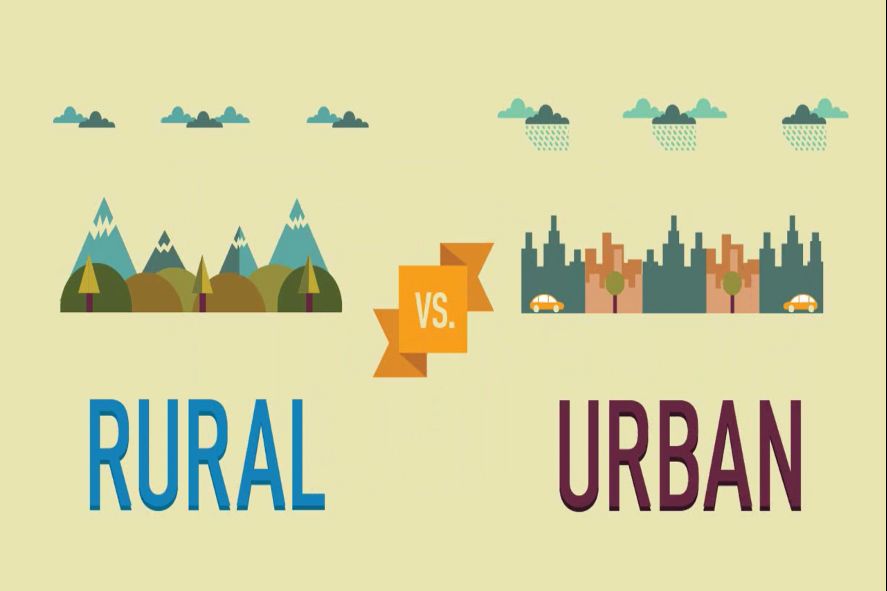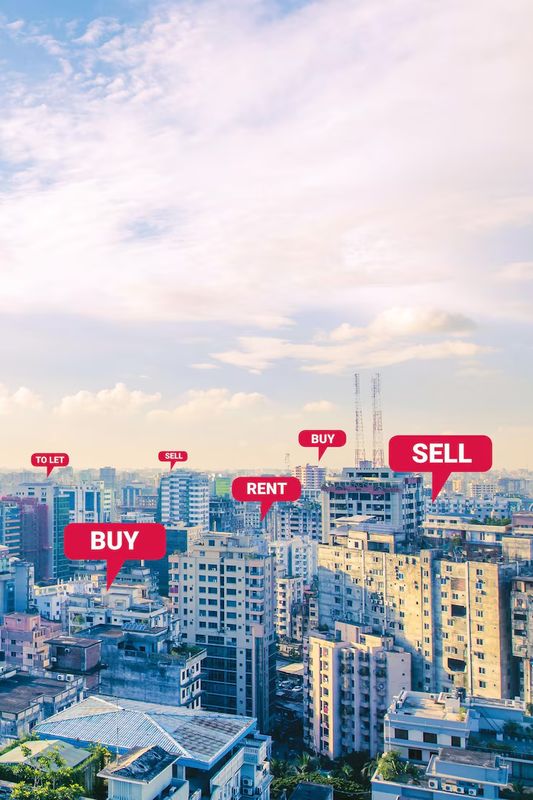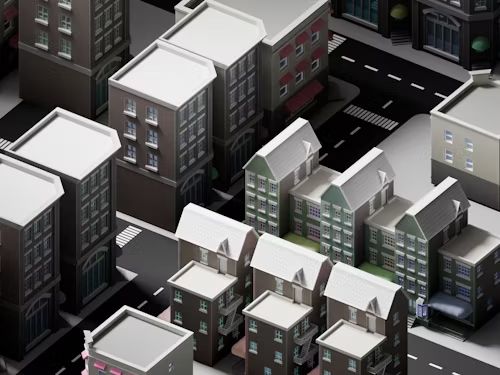Are you ready to invest in land? If you're considering buying land, you're probably wondering: Should you invest in rural land or urban land? The right decision can make a big difference in your investment’s return. Let’s break down the key pros and cons of both, so you can decide which one is better for you.
In this guide, I’ll compare urban vs rural land investments to help you make the best choice for your goals, whether you’re looking to buy land, build, farm, or flip it for profit.
Why Land Investment is a Smart Choice
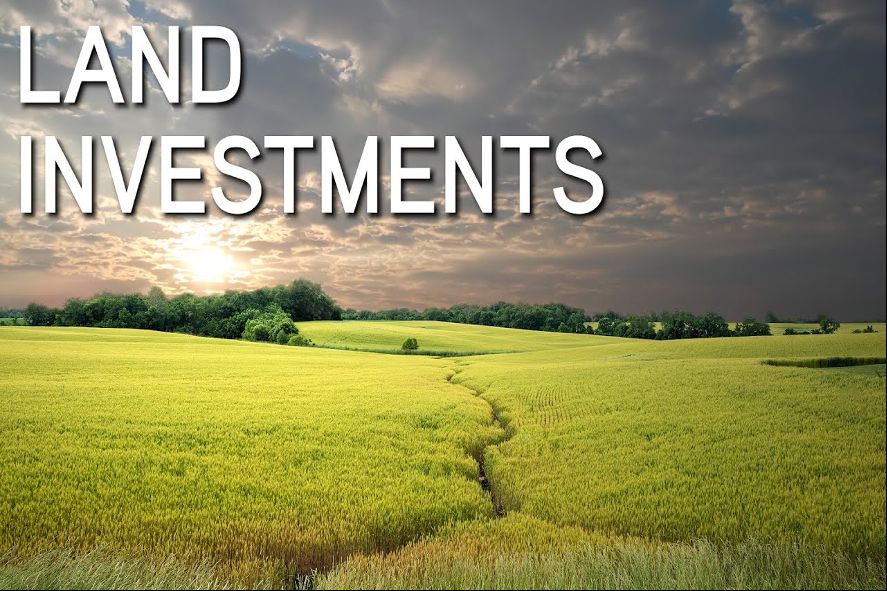
Before we dive into the pros and cons of urban vs rural land, let's talk about why land investment is a solid move.Land ownership offers long-term financial stability. Whether you plan to resell, develop, or use the land for personal reasons, it’s a great way to secure your future.
Land appreciation is real as cities grow or areas develop, land values often rise. Plus, there’s no depreciation like with buildings. Whether it’s urban land or rural land, buying land can be a wise investment.
The Pros of Buying Land in Urban Areas

Let’s start with urban land. Land in cities or nearby areas offers some strong advantages for investors, but also comes with some challenges. Here’s why urban land is worth considering:
1. Prime Location Means Higher Returns
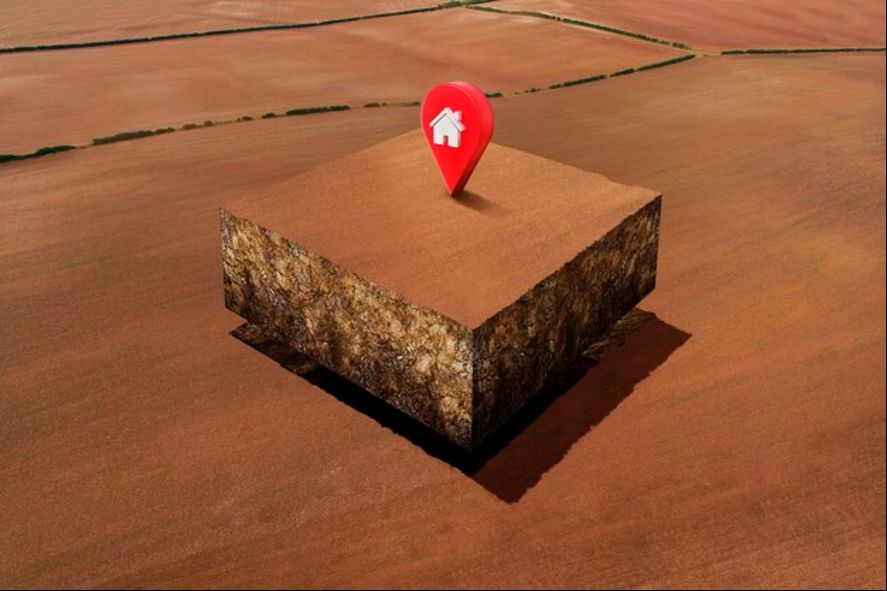
The biggest benefit of urban land is its location. Cities tend to have higher demand for land because of their close proximity to schools, hospitals, businesses, and other essential services. Urban land appreciates faster because it’s in high demand and there’s limited supply. This could mean higher returns on your investment.
2. Higher Market Demand
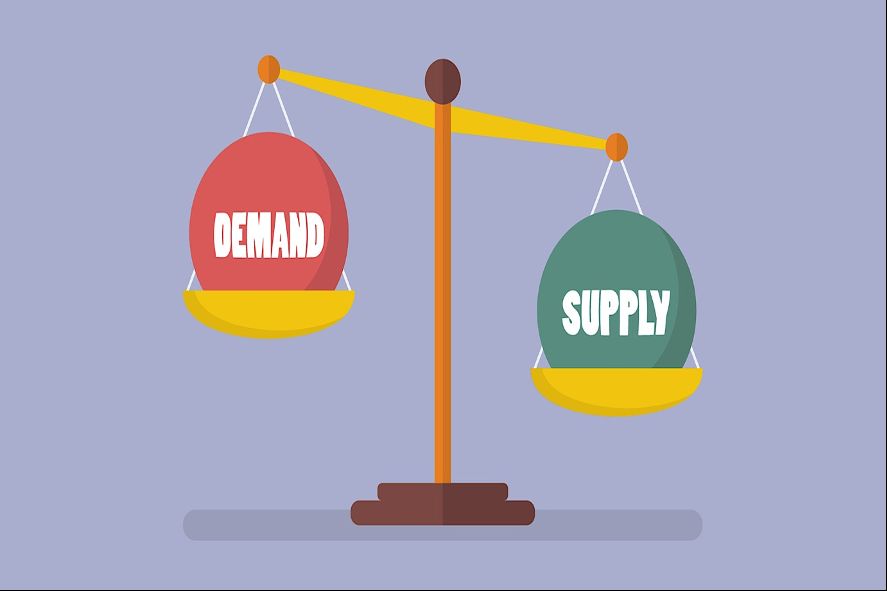
Urban areas offer higher market demand. When you buy land in a city, you’re buying land that many others are also interested in. Whether for residential, commercial, or industrial development, urban land will always attract potential buyers or renters, which can increase its value over time.
3. Better Amenities and Infrastructure
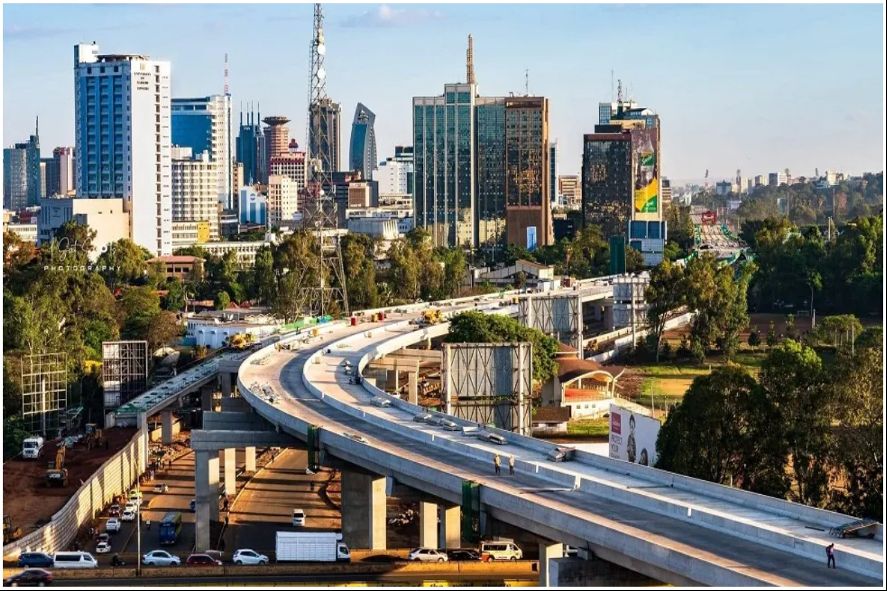
Urban areas have well-developed infrastructure. From public transportation to shopping malls and hospitals, these amenities make life easier and increase the attractiveness of your land for future development or resale. People want to live and work in cities, and this demand keeps property values growing.
Cons of Buying Land in Urban Areas
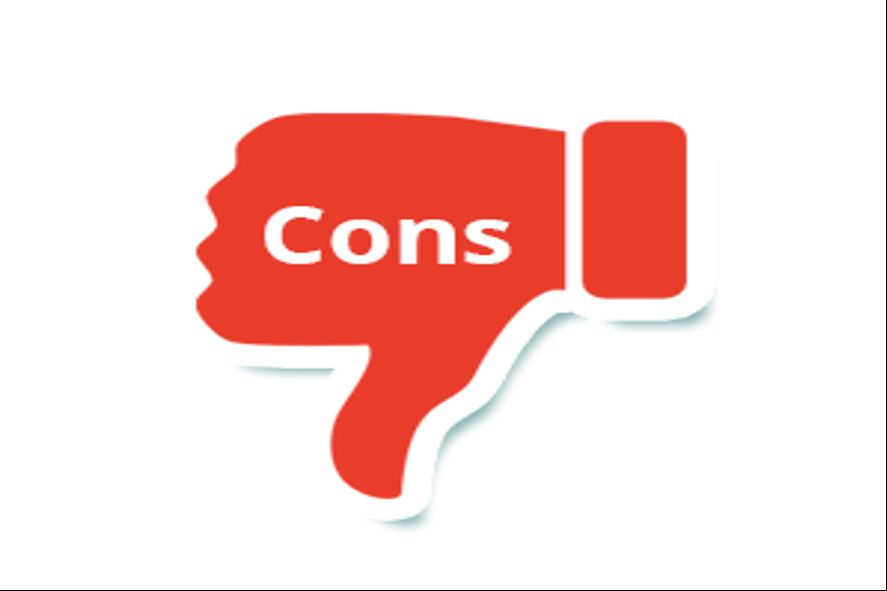
Despite the benefits, there are some challenges when it comes to buying urban land:
1. High Cost of Land
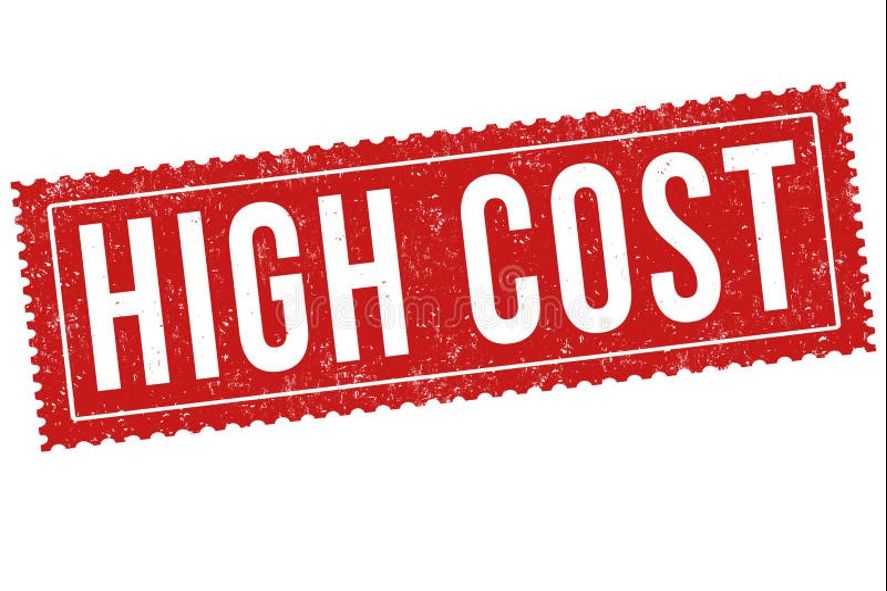
The price of land in urban areas can be expensive. For example, purchasing land in cities like Muthaiga or Lavington can require a significant upfront investment. The high cost of urban land might not be suitable for everyone, especially if you’re working with a limited budget.
2. High Property Taxes
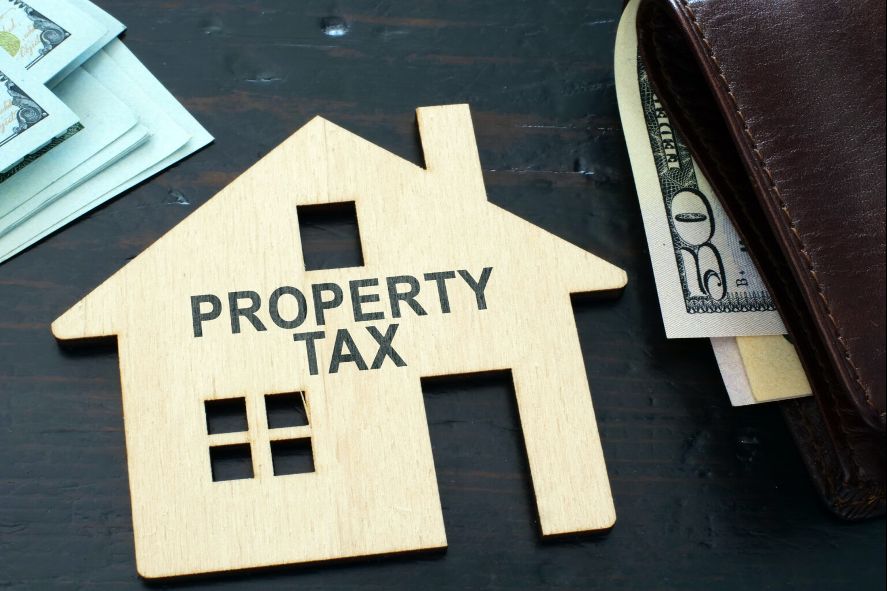
Property taxes in urban areas are typically higher than in rural areas. Since urban land is valued higher, it usually comes with higher taxes. Cities may charge taxes based on the land’s location and potential for development, so you should factor in these ongoing costs when purchasing urban property.
The Pros of Buying Land in Rural Areas
Now let’s explore rural land. Investing in rural areas has its own set of advantages and might be the best option for you depending on your needs.
1. Affordable Land Prices
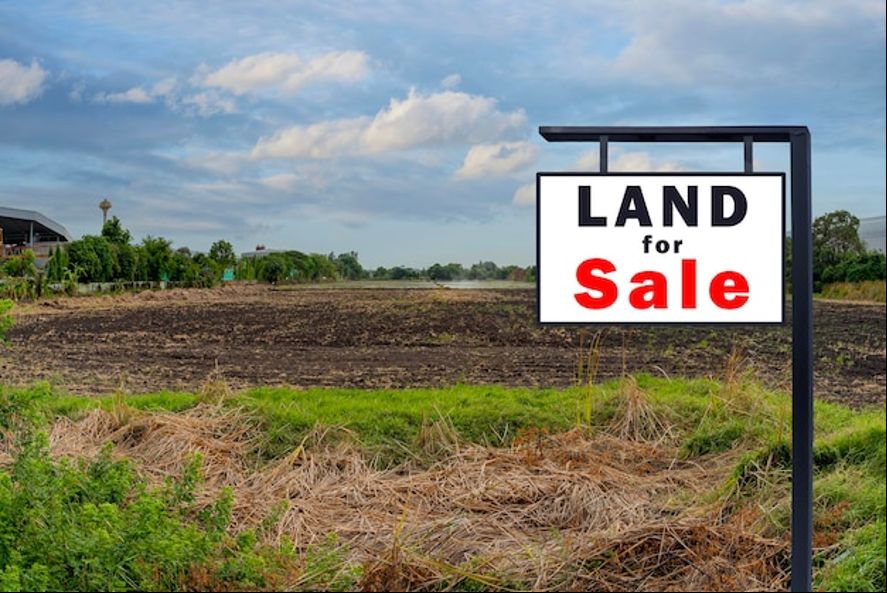
The biggest advantage of rural land is the affordable prices. You can buy large parcels of land for a fraction of the cost of urban land. For example, the money you spend on a quarter-acre urban plot could buy you several acres in a rural area. This makes rural land a great choice for those on a budget or looking to purchase more land for less money.
2. Less Competition

Unlike urban areas where land demand is high, rural areas tend to have less competition. You can negotiate prices more easily, and there’s usually more supply available, which gives you better options. In a rural area, it’s less likely you’ll have to deal with bidding wars.
Cons of Buying Land in Rural Areas
While rural land has benefits, it also has some downsides:
1. Limited Amenities
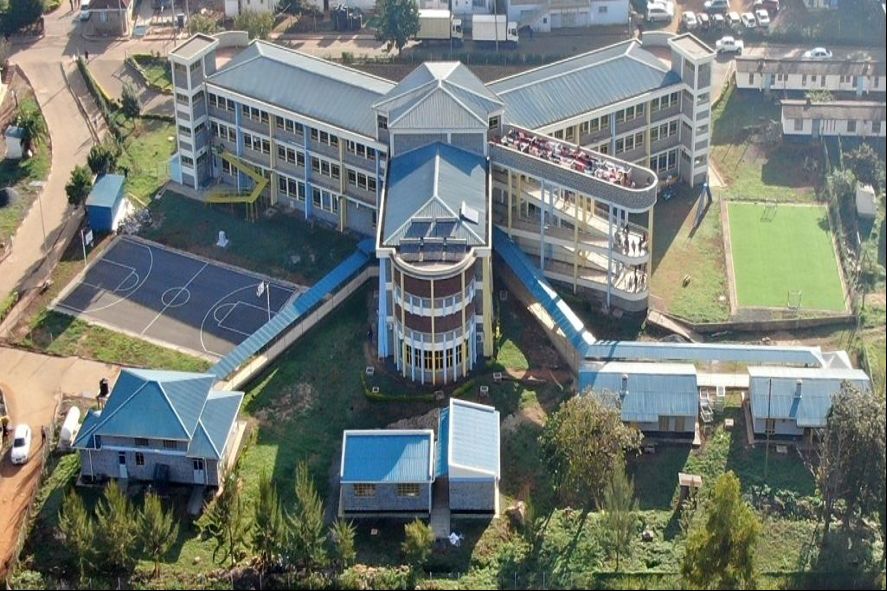
One of the drawbacks of rural areas is the limited amenities. Unlike urban areas, rural areas might not have access to the same schools, hospitals, or shopping centers. This can make the land less appealing to potential buyers in the future, especially if they are looking for the convenience that urban living offers.
2. Slower Land Appreciation

While rural land is affordable, it typically appreciates more slowly than urban land. Land value growth in rural areas tends to be slower because of less demand. If you’re hoping for quick returns, rural land might not be the best choice.
Urban vs Rural Land: Which Should You Choose?

So, which is better urban land or rural land? It depends on your investment goals.
If you want quick returns, better infrastructure, and access to high-demand markets, urban land might be your best bet.
If you’re looking for affordable land, more space, and long-term investment potential, rural land could be the right choice for you.
